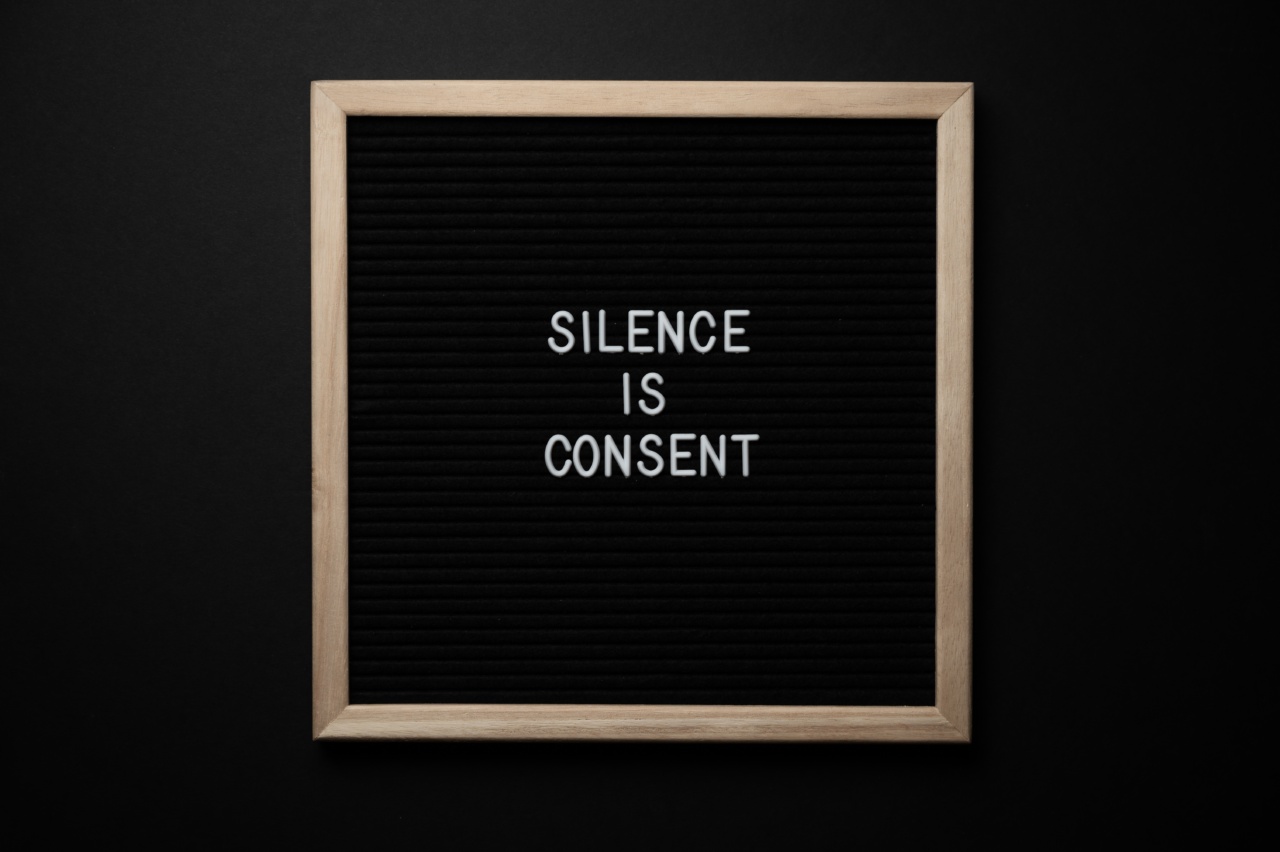Voice changes can cause anxiety and panic for anyone who experiences them, and with good reason. Abnormalities in the voice can be indicative of underlying health issues, including cancer or gastroesophageal reflux disease (GERD).
What is GERD and How Does It Affect the Voice?
Gastroesophageal reflux disease occurs when digestive acid from the stomach flows back into the esophagus, causing irritation and inflammation.
This is a common health issue that affects millions of people worldwide, and can cause not only heartburn and acid reflux, but also voice changes.
How GERD Causes Voice Changes
GERD can cause voice changes when the acid from the stomach irritates the vocal cords, causing them to swell and become damaged.
This can then cause changes to the tone, pitch, and volume of the voice, which can range from a hoarse, scratchy sound to complete loss of voice.
Common Symptoms of GERD-Related Voice Changes
If your voice changes suddenly or persists for more than a few days, even if you don’t have any other GERD symptoms, it’s important to see your doctor. Some of the most common symptoms of GERD-related voice changes include:.
- Hoarseness or scratchiness
- A change in tone or pitch
- Difficulty swallowing
- A feeling of a lump in the throat
- Persistent coughing
- Laryngitis (inflammation of the larynx)
Cancer and Voice Changes
In rare cases, a change in the voice can be a warning sign of cancer. Unfortunately, because these cases are uncommon, many people dismiss voice changes as being caused by stress, fatigue, or problems with the throat.
However, it’s essential to see your doctor if you experience changes in your voice, especially if they persist for more than a few days.
Types of Cancer that Can Impact the Voice
There are several types of cancer that can affect the voice, but the most common is laryngeal cancer. This type of cancer usually starts in the vocal cords and can spread to other parts of the throat, including the larynx, pharynx, and esophagus.
Other types of cancer that can impact the voice include:.
- Throat cancer
- Tongue cancer
- Tracheal cancer (rare)
Common Symptoms of Cancer-Related Voice Changes
If you’re concerned that your voice changes are related to cancer, it’s important to see your doctor immediately. Some common symptoms of cancer-related voice changes include:.
- A change in tone, pitch, or quality of the voice that persists for more than two weeks
- Hoarseness or raspiness
- Persistent coughing
- Difficulty swallowing or breathing
- A feeling of a lump in the throat
- Pain or discomfort in the throat
- Blood in the sputum or mucus
- Ear pain or discomfort
When to See a Doctor
If you experience any persistent voice changes, it’s important to see your doctor. Voice changes can be caused by a wide range of underlying health issues, from minor irritations to serious conditions such as cancer.
Your doctor can help determine the cause of your voice changes and provide you with the appropriate treatment.
Preventing Voice Changes
Preventing voice changes often involves taking precautions to protect your vocal cords. Some simple steps you can take to prevent voice changes include:.
- Drink plenty of water
- Avoid smoking and secondhand smoke
- Avoid alcohol and caffeine
- Rest your voice frequently, especially if you use it for extended periods
- Avoid shouting or raising your voice
- Maintain good posture
Conclusion
Voice changes can be a minor irritation or a sign of a serious health issue, and it’s important to take them seriously. If you experience any persistent voice changes, it’s essential to see your doctor.
Your doctor can help determine the cause of your voice changes and provide you with the appropriate treatment. Preventing voice changes often involves taking precautions to protect your vocal cords. By taking simple steps to care for your voice, you can help maintain its health and prevent voice changes.



























